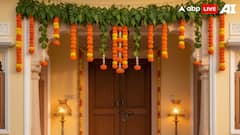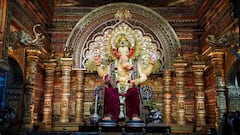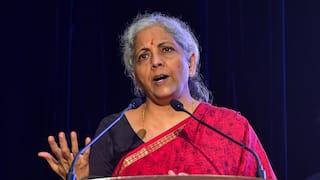Chhath Puja 2024: Kharna Rituals, Significance, And From When Does The Nirjala Fast Begin — Know Here
The tradition of Kharna is observed on the second day of Chhath Puja. On this day, devotees begin their fast with a sweet meal, after which they abstain from food and water for 36 hours.

Chhath Puja 2024: The grand Hindu festival of Chhath, dedicated to the worship of the Sun God, began on November 5, 2024, with the traditional 'Nahay Khay' ritual. Chhath is considered highly significant for offering prayers to the Sun God, symbolizing purity and devotion. The second day of this four-day festival is known as 'Kharna.'
ALSO READ: Kartik Purnima 2024: Date, Time, Significance Of Ganga Snan And All About This Auspicious Day
Kharna: Ritual And Significance:
‘Kharna’ denotes purity and emphasizes the importance of cleanliness and sanctity. After partaking in the special offerings of Kharna, the devotees (Vratis) embark on a 36-hour fast without water, marking the beginning of their intense dedication. Here’s more on the Kharna auspicious timings, procedure, and rituals.
Kharna Date And Significance For Chhath Puja 2024:
This year, Kharna will be observed on November 6, 2024, the fifth day of Kartik month. Known as the day of ‘Kartik Shukla Panchami,’ Kharna is also referred to as ‘Lohanda.’ On this day, devotees begin their fast in the evening after consuming a sweet meal.
Kharna Prasad Preparation
On Kharna, a special rice pudding (kheer) is prepared as an offering in the evening. It is traditionally cooked on a clay stove using mango wood, and the prasad is served on banana leaves along with roti and bananas. The ritual demands complete silence and purity, with the Vrati (devotee) consuming the prasad in a calm environment, undisturbed by noise.
Beginning Of The Fast
The prasad is consumed by the Vrati in a dedicated room used solely for the Kharna ritual. After this, the prasad is shared with family members, and the Vrati begins their 36-hour nirjala fast (without water or food), which will continue until the final day of Chhath. During this time, the devotees prepare traditional offerings, including thekua, which will be presented to the goddess on the final day.





































